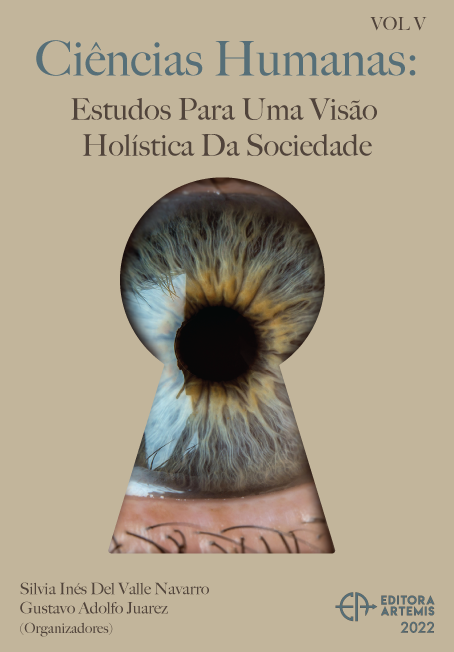
ENSINO E FORMAÇÃO PEDAGÓGICA E A CONSTITUIÇÃO DA AUTONOMIA DA CRIANÇA NA EDUCAÇÃO INFANTIL
O trabalho desenvolve o estudo sobre o pensamento educacional do filósofo Jean-Jacques Rousseau, em que se investiga a formação pedagógica e a constituição da autonomia da criança na educação infantil. O desenvolvimento do trabalho se justifica devido à necessidade de repensar as práticas da educação na educação infantil de tal forma que a criança tenha a possibilidade de desenvolver a sua autonomia. Sendo assim, investiga-se neste trabalho como se propõe a formação pedagógica do estudante e de que forma contribui para o desenvolvimento da autonomia da criança na educação infantil. Assim, o objetivo principal do trabalho é analisar o pensamento de Rousseau a partir da leitura da sua principal obra educativa o ‘Emílio’. Também como objetivo propõem-se verificar em que esse pensamento pode contribuir para as práticas educativas nos tempos atuais. Para o desenvolvimento deste trabalho utilizou-se a metodologia bibliográfica. As principais conclusões se referem a defesa de Rousseau em relação à natureza da criança, onde a educação deve respeitar o tempo de desenvolvimento físico e intelectual da criança e o seu processo específico de aprendizagem. Contudo a criança tem que ser entendida como ‘criança’, e que ela conviva com a construção do seu pensamento racional conforme vai se desenvolvendo nos anos da sua infância. Desta forma ela tem a possibilidade de tornar-se um ser humano autônomo e crítico.
ENSINO E FORMAÇÃO PEDAGÓGICA E A CONSTITUIÇÃO DA AUTONOMIA DA CRIANÇA NA EDUCAÇÃO INFANTIL
-
DOI: 10.37572/EdArt_1512227058
-
Palavras-chave: Formação pedagógica; autonomia da criança; ensino na educação infantil.
-
Keywords: Pedagogical training; child autonomy; teaching in early childhood education.
-
Abstract:
The work develops the study on the educational thought of the philosopher Jean-Jacques Rousseau, in which the pedagogical formation and the constitution of the child's autonomy in early childhood education are investigated. The development of the work is justified due to the need to rethink the practices of education in early childhood education in such a way that the child has the possibility of developing their autonomy. Therefore, this work investigates how the student's pedagogical training is proposed and how it contributes to the development of children's autonomy in early childhood education. Thus, the main objective of the work is to analyze Rousseau's thought from the reading of his main educational work 'Emílio'. Also as an objective, it is proposed to verify in which this thought can contribute to the educational practices in the current times. For the development of this work, the bibliographic methodology was used. The main conclusions refer to Rousseau's defense in relation to the nature of the child, where education must respect the time of physical and intellectual development of the child and its specific learning process. However, the child has to be understood as a 'child', and that he live with the construction of his rational thinking as he develops in his childhood years. In this way, she has the possibility of becoming an autonomous and critical human being.
-
Número de páginas: 10
- EDSON DE SOUSA BRITO
- Nayara Alves Silva Mendes Vilela de Sousa Brito
- Lucinéia Silva Sousa Sacramento

